Meet the LAPD Detective Who Specialized in Hunting Cop Killers
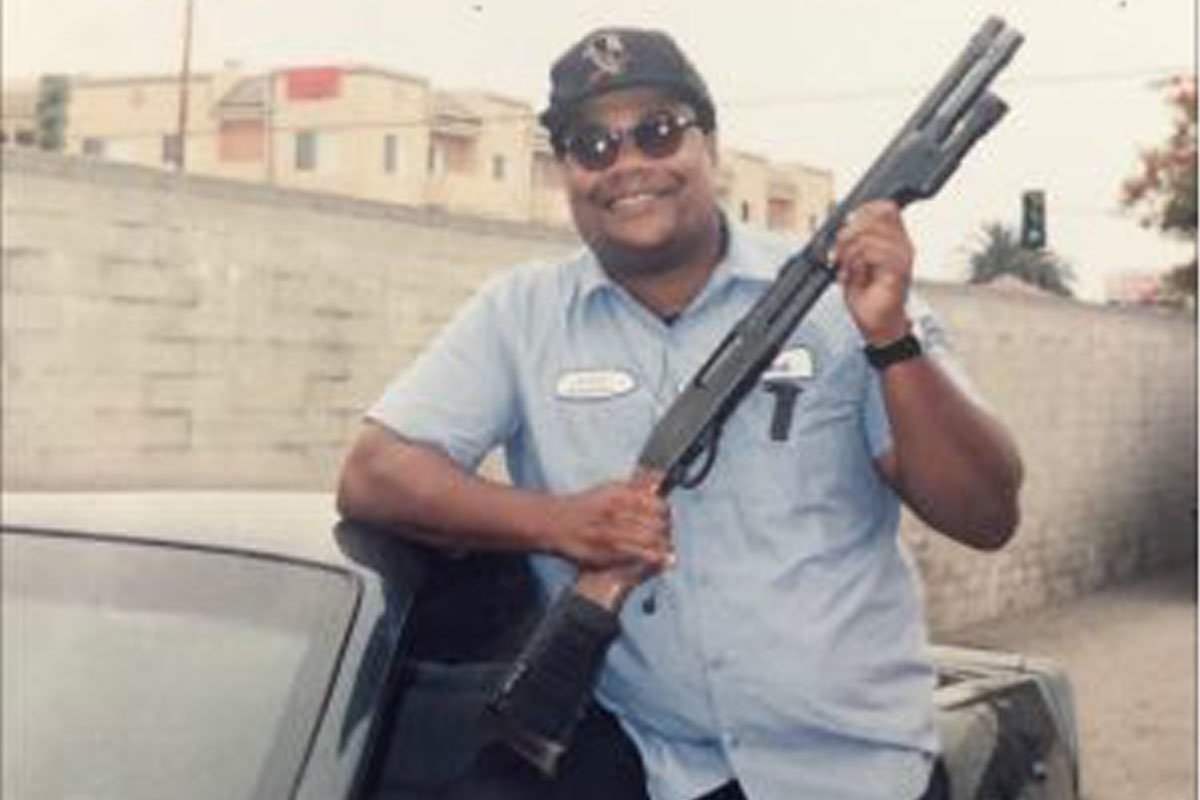
Charles all geared up undercover. Photo courtesy Charles Bennett.
As a rookie with the Los Angeles Police Department, Charles Bennett was sitting in his squad car with his white partner when the senior officer turned to Bennett and said, “You’re not black, I’m not white — we’re blue. And trust me; if something ever happens to you at 3 o’clock in the morning, they’re going to call guys, and they’re not going to care what color or nationality you are. They’re going to roll out here and solve the problem and win. We’re going to find out whoever hurt you, and we’re going to arrest them and do what we have to do.”
Those words resonated with Bennett 10 years later when he found himself answering the call to bring justice after a fellow officer’s death.
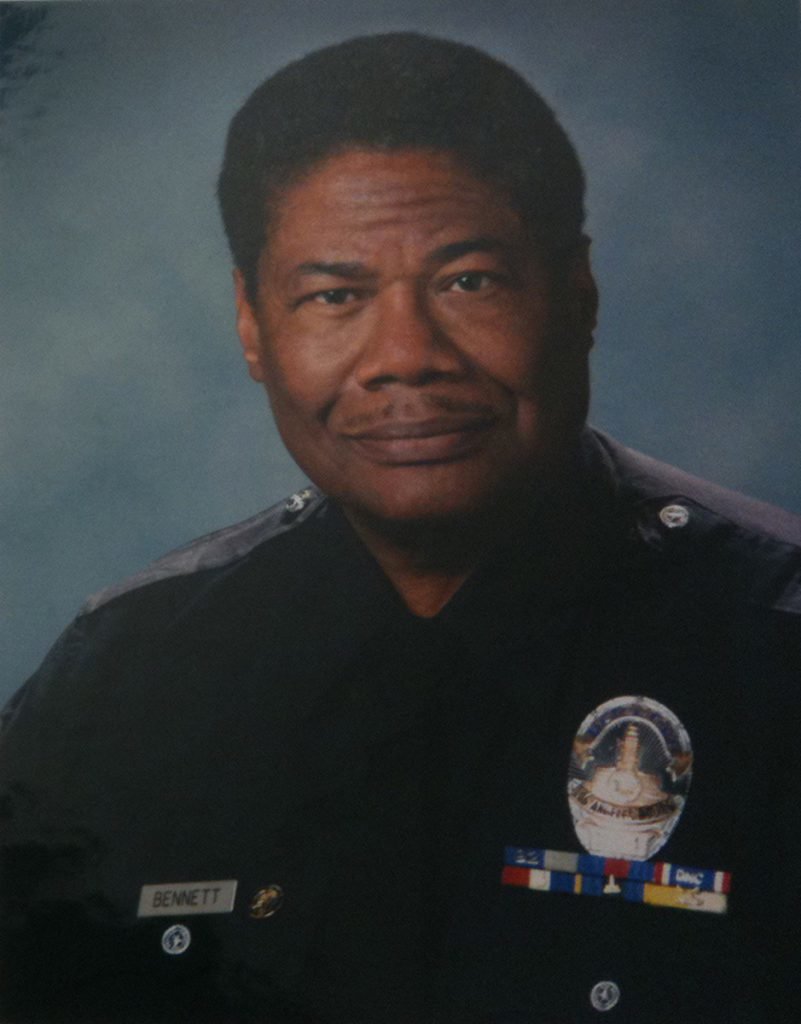
Bennett started with the LAPD in 1977 and spent his last 10 years as a supervisor within the LAPD’s elite Special Investigation Section (SIS). The SIS completed surveillance on suspected criminals for all of the LAPD’s units and sometimes neighboring departments. Bennett said that his unit had a 99% conviction rate because of the airtight cases they built by observing the suspects planning the robbery, and sometimes watching the crime happen and making an arrest immediately after.
During his 33-year career, he rose through the ranks to detective three, which is a specialized detective who is considered a subject matter expert within the LAPD. He specialized in robbery and tracking down cop killers. One case in particular has always stood out in his mind.
Mylus Mondy was a US Customs and Border Protection agent who was murdered March 9, 2008. Mondy had just left his shift at the Los Angeles International Airport and had stopped by a Bank of America ATM in Ladera Heights, an unincorporated area in Los Angeles.
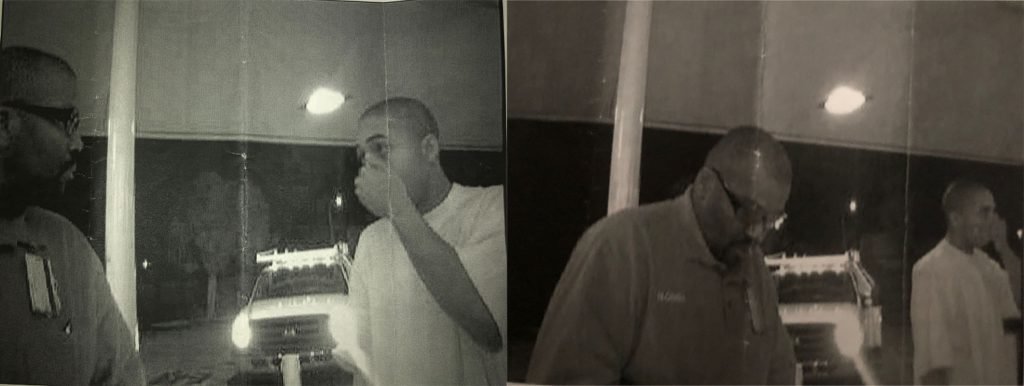
A robber was holding someone at gunpoint at the ATM location when Mondy went to withdraw $40 from the ATM. When he saw Mondy, the robber struck him on the head with the pistol and demanded money. When Mondy tried to get away, he was shot and killed.
Bennett’s team was called in to bring the murderer to justice. The team spent approximately a day and half chasing down leads, gathering evidence, and identifying different addresses to surveil.
Bennett supervised while one of his rookies in SIS sat “on the point,” gathering information on traffic to and from one of the locations, scanning for their suspect, and collecting every little detail that might lead to an arrest. Suddenly, the rookie broke radio silence to report, “Boss, it’s No. 1, and he’s on the move.”
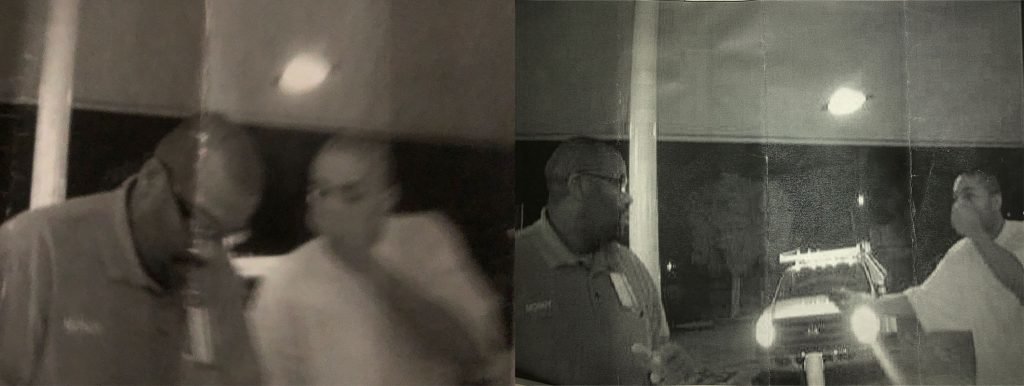
Bennett asked if he was absolutely sure.
“I’m 1,000% sure,” the new officer fired back. Bennett ordered his man to let the suspect turn the corner and avoid alerting him of their presence in front of his house. Bennett knew others might be inside the suspect’s house and, if alerted, would destroy any evidence the SIS unit would need to finalize charges against him.
As 23-year-old McKenzie Carl Bryant turned the corner, the SIS team waited patiently. Once there was a good cushion of distance between Bryant and his house, they brought down the hammer and arrested him.
“That guy is doing life without possibility of parole now, and you know, it was a really good feeling,” Bennett said of Bryant’s arrest. “You understand that you just got justice for a fellow officer who you didn’t know. You didn’t need to know him because you knew he was out there doing his job the best he could, and he didn’t deserve what happened to him.”
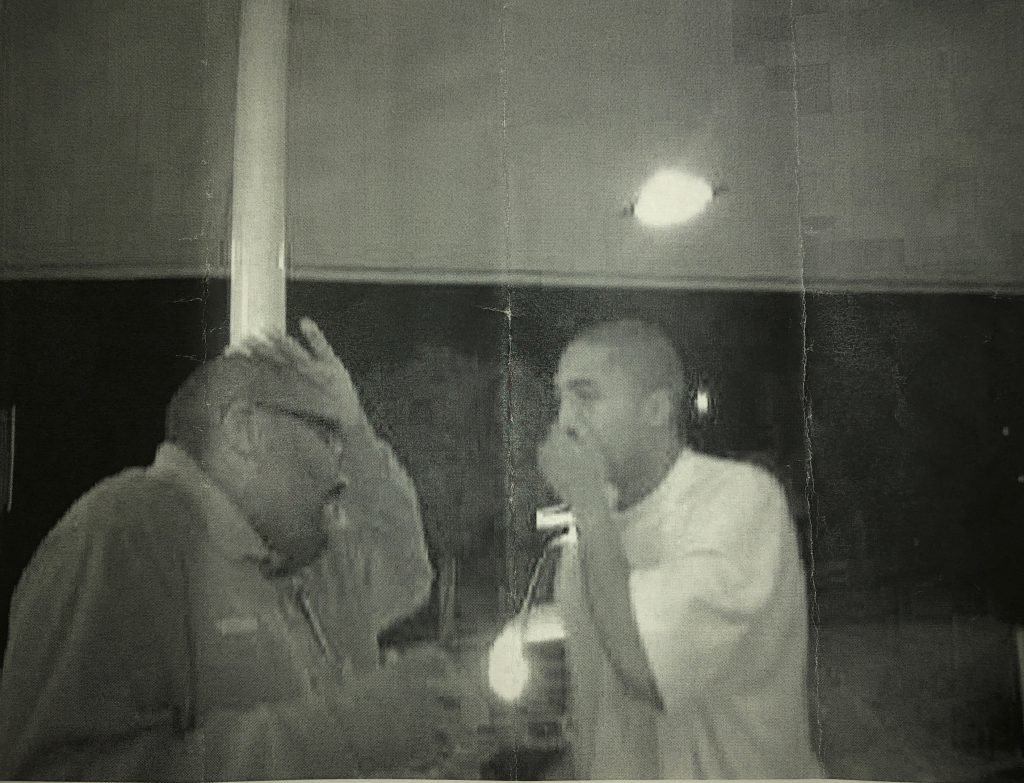
The all-hands-on-deck approach to cases like Mondy’s murder is what Bennett enjoyed most about working within SIS, as well as their ability to remain silent professionals. He said there were officers who worked on tracing leads and then fed verified information to the officers conducting ground surveillance. Though some LAPD units knew what SIS was doing, the unit largely remained anonymous. The LAPD command handled press conferences regarding the work of the SIS unit but never named them.
“We always go to the fallen officer’s funeral, which is always sad,” Bennett said.
In another case, Bennett helped arrest three of the five men responsible for the death of an officer.
“There were a lot of people quietly slapping us on the back, including the chief,” he said.
In those times of sadness, the quiet slaps on the back brought back that “good feeling.” While they couldn’t change what happened, at least they had achieved some kind of justice for the fallen officer and their family.
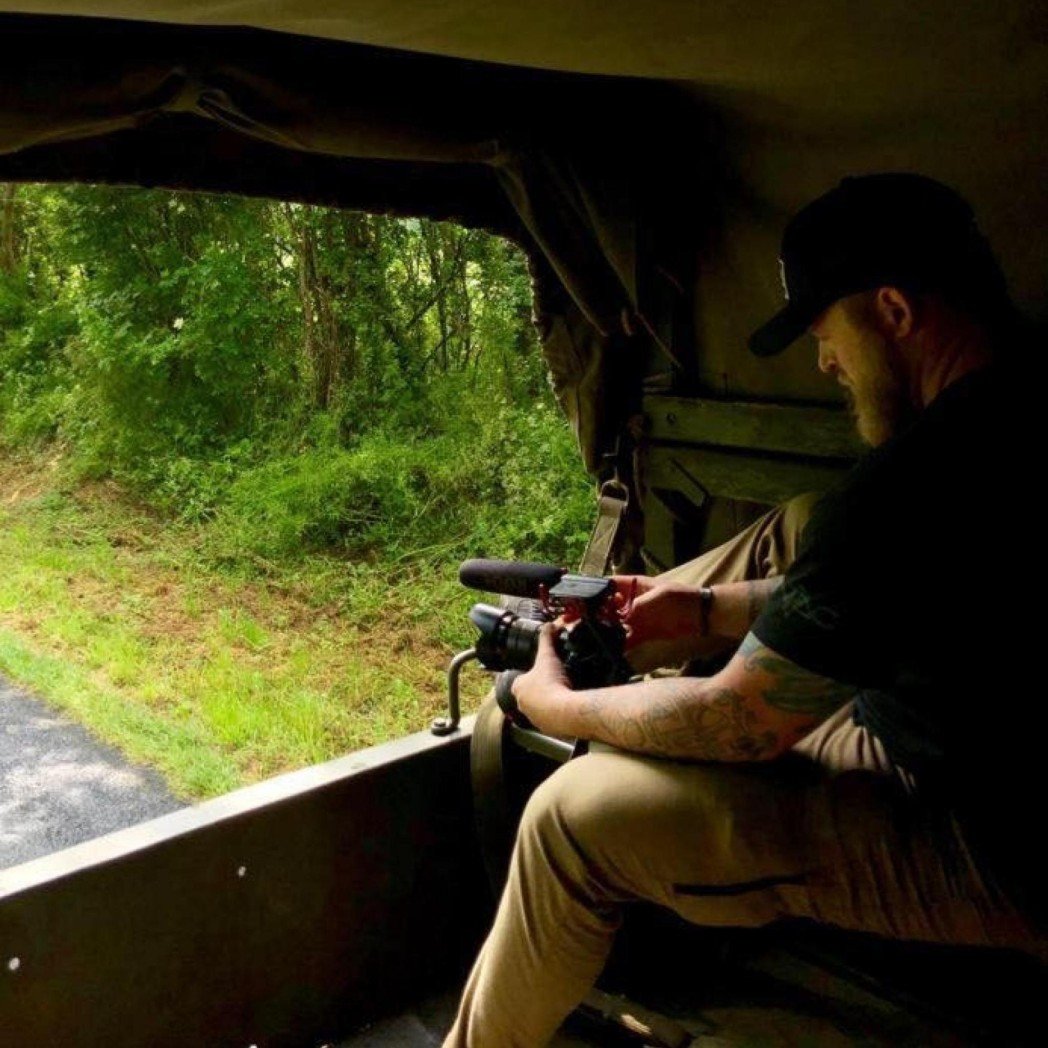
Joshua Skovlund is a former staff writer for Coffee or Die. He covered the 75th anniversary of D-Day in France, multinational military exercises in Germany, and civil unrest during the 2020 riots in Minneapolis. Born and raised in small-town South Dakota, he grew up playing football and soccer before serving as a forward observer in the US Army. After leaving the service, he worked as a personal trainer while earning his paramedic license. After five years as in paramedicine, he transitioned to a career in multimedia journalism. Joshua is married with two children.
BRCC and Bad Moon Print Press team up for an exclusive, limited-edition T-shirt design!
BRCC partners with Team Room Design for an exclusive T-shirt release!
Thirty Seconds Out has partnered with BRCC for an exclusive shirt design invoking the God of Winter.
Lucas O'Hara of Grizzly Forge has teamed up with BRCC for a badass, exclusive Shirt Club T-shirt design featuring his most popular knife and tiomahawk.
Coffee or Die sits down with one of the graphic designers behind Black Rifle Coffee's signature look and vibe.
Biden will award the Medal of Honor to a Vietnam War Army helicopter pilot who risked his life to save a reconnaissance team from almost certain death.
Ever wonder how much Jack Mandaville would f*ck sh*t up if he went back in time? The American Revolution didn't even see him coming.
A nearly 200-year-old West Point time capsule that at first appeared to yield little more than dust contains hidden treasure, the US Military Academy said.












